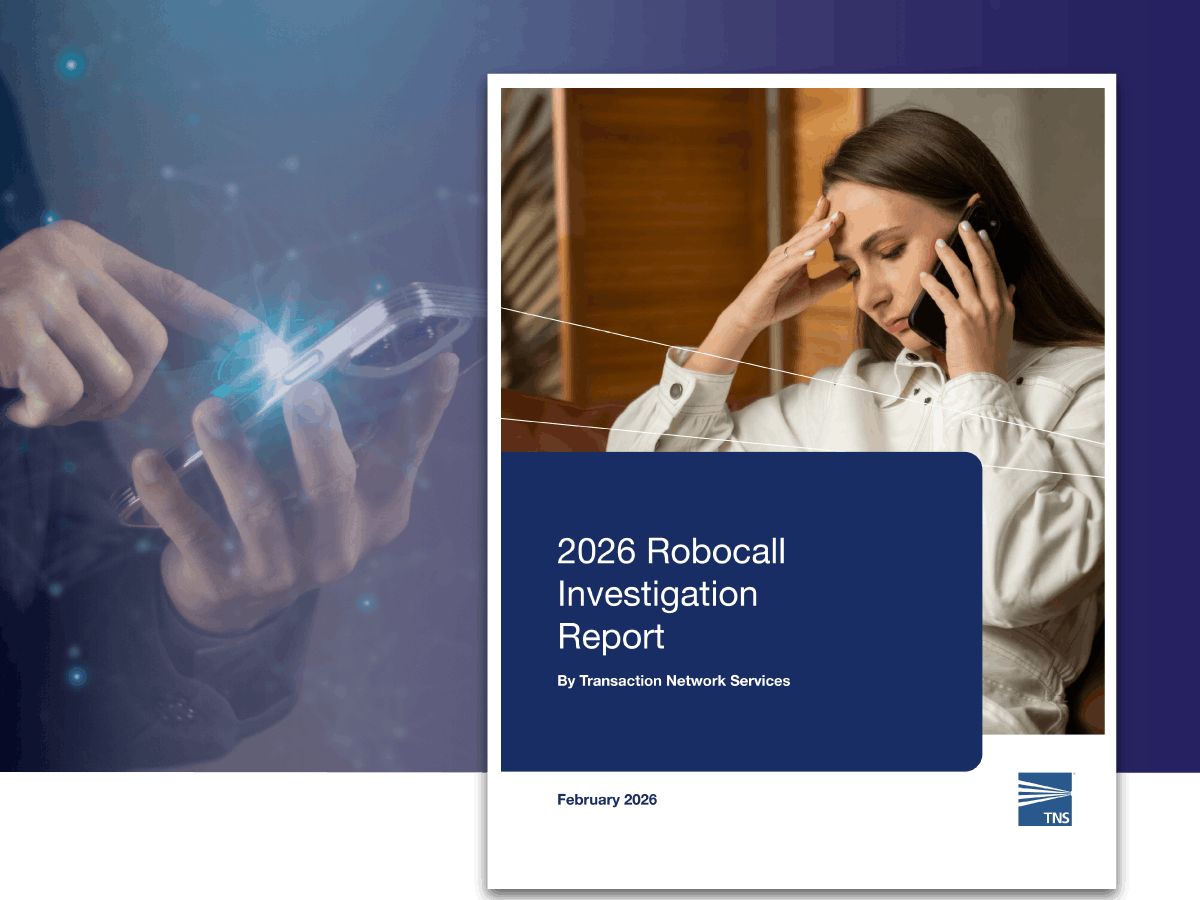For those who have been victims of financial fraud where a significant amount of money has been lost, they are often desperate to recover their stolen funds. This vulnerable position is unfortunately one that scammers are taking advantage of, with fund recovery scams continuing to be a trending scam.
What Are Fund Recovery Scams?
Fund recovery scams are set up by bad actors to target victims who have already fallen for a scam and lost money. Scammers sell information about people they have successfully scammed – including how much money was lost, the tactics used, and the victim’s personal information.
These scams unfortunately work in scammers’ favor because the number of Americans losing money to scams is increasing. The FTC recently announced that 38% of people who reported fraud in 2024 said they had lost money, compared to 27% in 2023.
This data is then used to reach out to victims with the false claim that their funds can be recovered. There are of course legitimate services out there that try to help victims of scams, but the major caveat for fund recovery scams is that more money is required for these ‘services’.
How To Spot Fund Recovery Scams?
Based on scams of this nature that have been reported, the bad actors involved typically use one of the following scenarios to convince their targets to pay a fee for their service:
- Claiming to be an agent from a law firm
- Claiming to be from a government agency that helps victims of scams
- Claiming to be from an organization that was impersonated in the original scam and offering a refund
- Claiming to be an from a bank holding the stolen funds, requesting that you complete ‘paperwork’ to receive your refund
As already mentioned, there are legitimate scam recovery services that work to help victims of scams reclaim their stolen funds, but these are unlikely to contact you out of the blue. Typical red flags of a fund recovery scam are:
- Cold calling
- Requesting an upfront fee
- Requesting payment via wire transfer, cryptocurrency or payment app
How to Avoid Fund Recovery Scams?
If you have already lost funds to a scam, it is understandable that a ‘good Samaritan’ calling with the chance to reclaim your funds sounds too good to be true…because it just might be!
It is best practice to never engage with unknown numbers and report phone numbers being used by a scammer to your carrier. If you believe you are the victim of a fund recovery scam, you can report it to your local police, state Attorney General’s office and the FTC.
Call-blocking apps, including those powered by TNS Call Guardian®, are also a great resource for reporting and blocking unwanted robocalls.
John Haraburda is Product Lead for TNS Call Guardian® with specific responsibilities for TNS’ Communications Market solutions.
Call Guardian is a registered trademark of Transaction Network Services, Inc.

Scam of the Month
Stay vigilant, share information about scams with others and check out our Scam of the Month page updates.





